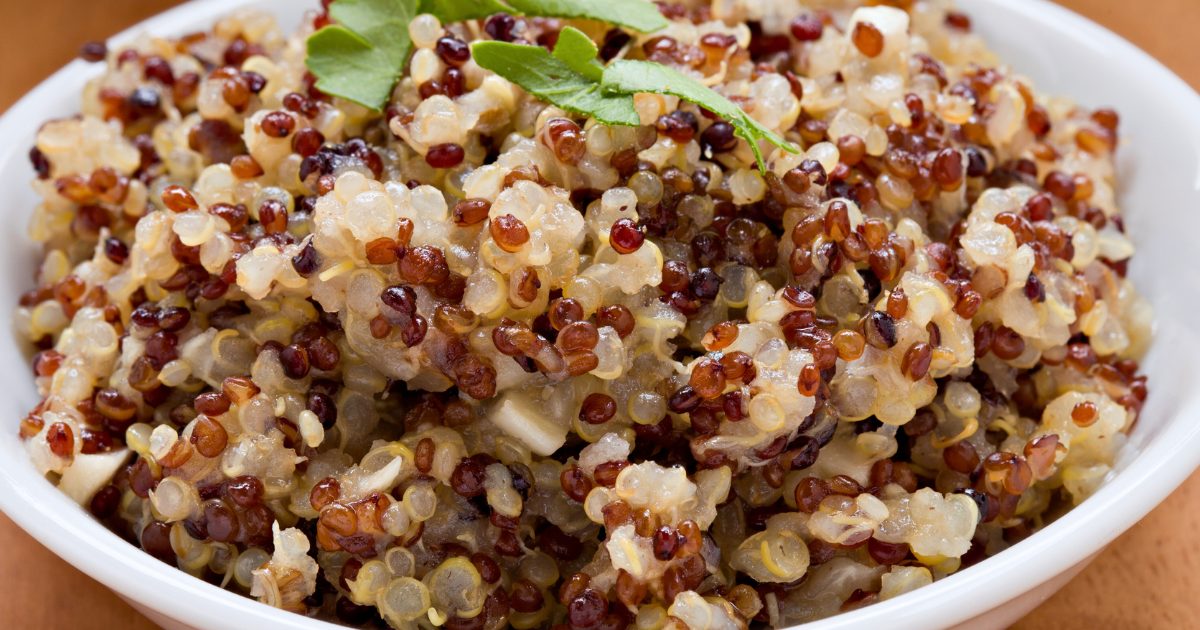Grapefruit juice: it helps you lose weight but watch out for side effects
Grapefruit juice has many healthy properties for our organism and it helps to control weight thanks to the few calories it contains, but it also presents some side effects especially regarding the interaction with some medicines.
;Resize,width=742;)
Grapefruit juice has many healthy properties for our organism and it helps to control weight thanks to the few calories it contains, but it also presents some side effects especially regarding the interaction with some medicines. Let's see what its healthy properties are and when it is contraindicated to consume grapefruit juice.
Grapefruit (Citrus pompelmus decumanus) belongs to the Rutaceae family. It comes from China and it is cultivated mainly in the United States but, since the 60s, it is also widespread in Italy. It is part of the citrus family, it is larger than orange and it can be yellow or pink, it has a bitter taste and it is rich in water, vitamin C and antioxidants. Its juice has many healthy properties for the stomach and the liver, it helps burn fat but it also presents some side effects especially if consumed along with certain medicines. Let's find out what the main properties of grapefruit juice are and which its side effects are.
Properties of grapefruit juice
Grapefruit juice is rich in minerals including calcium, potassium, magnesium, iron and copper. Its juice is very consumed even in hot periods because it is very thirst-quenching and low in calories (26 kcal per 100 grams), besides being rich in vitamins. It is a disinfectant food and it has digestive properties thanks to bromelain, it also helps the digestive system, so it is recommended to drink grapefruit juice after a hearty meal to help digestion. It has disinfectant properties and it helps fight lung infections, it also purifies the blood and increases defenses against some bacteria. It helps to fight lack of appetite, liver disorders and those with problems of renal failure and it is also a valuable aid against capillary fragility. Thanks to the high quantity of potassium it fights water retention and therefore cellulite. It also strengthens the immune system for the content of antioxidants such as lycopene, beta-carotene and vitamin C. Grapefruit juice increases the absorption of Coenzyme Q10 by limiting the action of free radicals and preventing hypertension. Grapefruit peel, thanks to the white part called "albedo" has antiseptic properties, so it prevents tumors and it helps regulate cholesterol and blood sugar levels. Pink grapefruit juice improves blood pressure and reduces the risk of stroke.
Side effects of grapefruit juice
Despite being rich in healthy properties, grapefruit juice is contraindicated in some cases of particular intolerances or allergies but especially when taking certain medicines. The harmful substance is the naringin present in grapefruits, which reduces the activity of the so-called CYP3A enzymes, which are found in the liver, and which are used by the organism to metabolize certain medicines. Grapefruit juice may therefore enhance the side effects of some medicines or inhibit their function and over-dosage may lead to headaches and gastrointestinal disorders. Among the medicines we find: antiarrhythmics, anxiolytics, antihistamines, anticoagulants, chemotherapeutics, antivirals, corticosteroids and contraceptives. Grapefruit juice does not interact instead with vitamin supplements such as folic acid. The grapefruit juice interferes with the medicines even if drunk within 24 hours after taking the medicine; just think that taking a pill and then drinking grapefruit juice is equivalent to swallowing 4 or 5 tablets of the same type accompanied by a glass of plain water. Therefore, if you are undergoing some pharmacological treatments, it is advisable to consult your doctor before consuming grapefruit juice.
;Resize,width=767;)
;Resize,width=712;)
;Resize,width=712;)
;Resize,width=712;)
